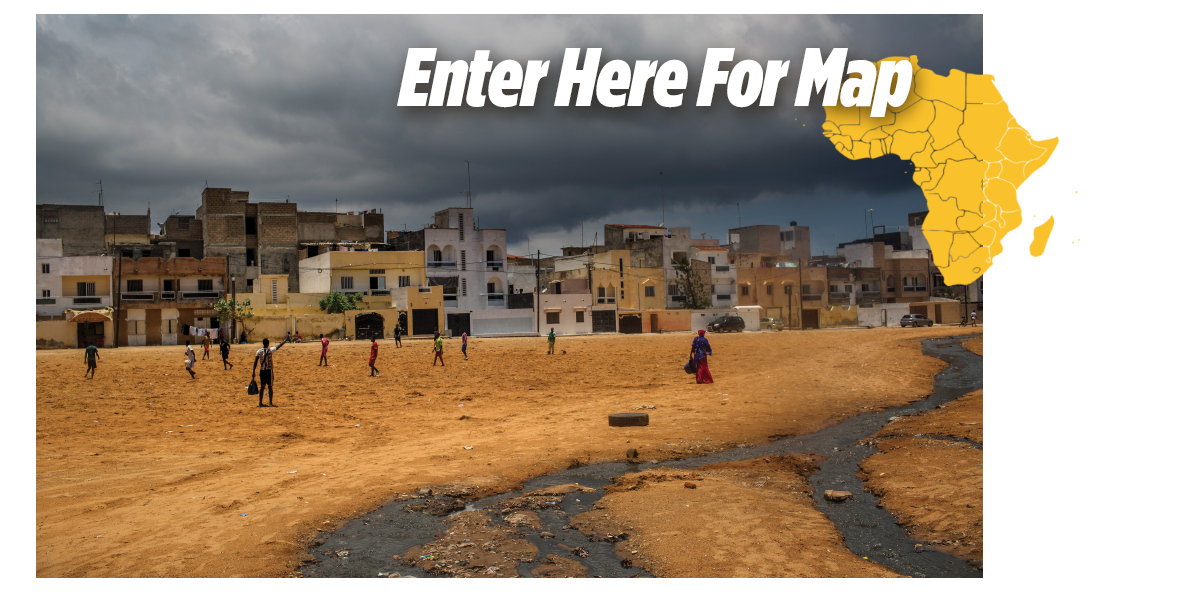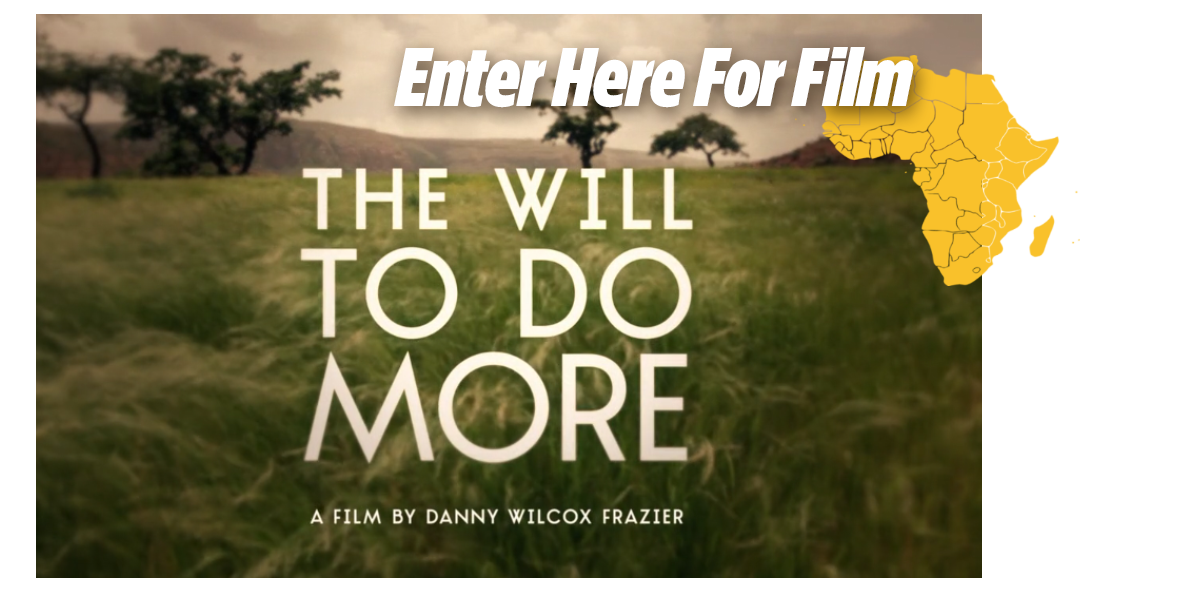Excerpted Articles from the Universal Declaration of Human Rights [1]
Article 23: You have the right to work, to be free to choose your work, and to get a salary that allows you to live and support your family. If a man and a woman do the same work, they should get the same pay. All people who work have the right to join together to defend their interests.
Article 25: You have the right to have whatever you need so that you and your family: do not fall ill; do not go hungry; have clothes and a house; and are helped if you are out of work, if you are ill, if you are old, if your wife or husband is dead, or if you do not earn a living for any other reason you cannot help. Both a mother who is going to have a baby and her baby should get special help. All children have the same rights, whether or not the mother is married.
Article 29: You have duties towards the community within which your personality can fully develop. The law should guarantee human rights. It should allow everyone to respect others and to be respected.
Overview
In this lesson, students will learn about food scarcity and the actions the Millennium Villages Project (MVP) took to bolster agricultural development and alleviate the issue. Students will identify how the MVP worked to meet the needs of the community to become self-sustainable. Students will watch the film The Will To Do More and listen to community members discuss the effects of the MVP initiatives.
Essential Questions
● When choosing to work with a community challenged by food scarcity issues, what are some potential first steps?
● What roles do geography and environment play in confronting hunger issues?
● What are the basic differences between food scarcity and food insecurity?
Learning Outcomes
Students will be able to:
● Locate Senegal on the Potou Village Cluster digital map
● Identify Millennium Villages Project initiatives that were implemented in Potou and place them into the proper categories on the Module Four MVP Target Areas for Sustainability Chart
● Compose reflective essays based on interviews with the villagers in Potou
Common Core State Standards
● CCSS.ELA-LITERACY.SL.9-10.1.A
● CCSS.ELA-LITERACY.SL.9-10.1.B
● CCSS.ELA-LITERACY.SL.9-10.1.C
● CCSS.ELA-LITERACY.SL.9-10.1.D
MVP Glossary
● Food Scarcity: A scarcity of food may result when not enough food is produced, such as when crops fail due to drought, pests, or too much moisture.
● Food Insecurity: People experience food insecurity when they have no reliable access to a sufficient quantity of affordable, nutritious food.
● Hunger: A weakened condition brought about by prolonged lack of food.
● Renewable Energy: Energy from a source that is not depleted when used, such as wind or solar power.
Materials for Instructor
● MVP Target Areas for Sustainability Chart for Teachers
● Potou Village Cluster digital map ● The Will To Do More film
Materials for Students
● MVP Journals
● MVP Target Areas for Sustainability Chart for Students
I. Introduction to Senegal and Potou Village Cluster (7-10 min.)
Begin the lesson by projecting and leading students through the Potou Village Cluster digital map.
II. MVP Glossary
In order for students to gain an in-depth understanding of the film, it is best to introduce the main Module Four glossary words in this first lesson. Go to the MVP Glossary Board and define:
● Food Scarcity: A scarcity of food may result when not enough food is produced, such as when crops fail due to drought, pests, or too much moisture.
● Food Insecurity: People experience food insecurity when they have no reliable access to a sufficient quantity of affordable, nutritious food.
● Hunger: A weakened condition brought about by prolonged lack of food.
● Renewable Energy: Energy from a source that is not depleted when used, such as wind or solar power.
III. Watch The Will To Do More (9 min.)
IV. Film Discussion (7 min.)
Entry-point questions may include:
● Why was irrigation a particular challenge to the farmers of Potou?
● Describe why bringing solar power to Potou would be considered a sustainable solution in their farming techniques.
● What is renewable energy? What is an example of non-renewable energy?
V. MVP Target Areas for Sustainability Chart (5-7 min.)
Ask students to sit with a partner and fill in the chart worksheets.
VI. MVP Journal Activity (7-10 min.)
Step One
Project the Writing Activity Quotes from the film onto the board:
● “Once you have a family, they’re your responsibility. Their lives, health and education, even their clothing. Everything is your responsibility.” ~ Mamadou Diop, farmer
● “The project has introduced knowledge, education, capabilities, and relief. The next step being implemented is solar power. It has confused us a little bit, but we’re going to learn how to bring water to the farm without so much effort.” ~ Ousmane Faye, farmer
● “Before, a strong child was sent directly to farm because we could not afford school. But today, by God’s grace, our children can go to school or start a career by learning a trade.” ~ Ousmane Faye, farmer
● “I committed to this work to stand up for my people, especially the area of maternal health.” ~Seynabou Ndiaye, Community Health Worker
Step Two
Ask the students to choose one quotation for the writing activity. Have them write the quotation at the top of a page in their MVP Journal and then proceed to write freely for seven to ten minutes.
Teacher’s Note: If you would like to add some variety, feel free to choose from the following writing suggestions:
● Ask students to use the full time given and to not lift their pencil or pen from the paper throughout the writing activity.
● Let students know that if they wish, they can write from the viewpoint of the person whose quotation they have chosen.
● Students can choose a key word or two from the quotation and relate their own experience as to why education or family is important to them.
VII. Sharing and Reflection (remainder of class)
Use the remaining time in class for students to share their reflective writing pieces.
[1] Amnesty International USA. “Universal Declaration of Human Rights.” Amnestyusa.org. https://www.amnestyusa.org/training-materials/universal-declaration-of-human-rights/ (accessed September 28, 2018).



